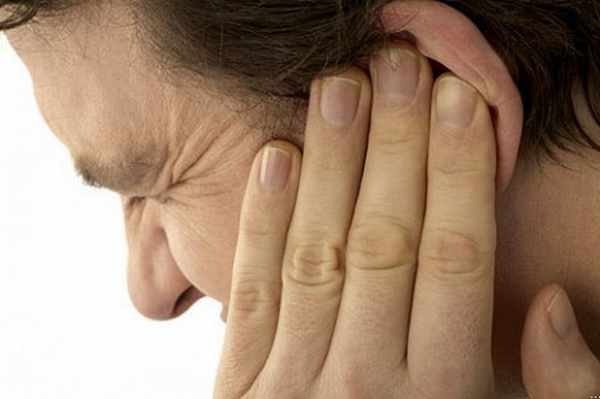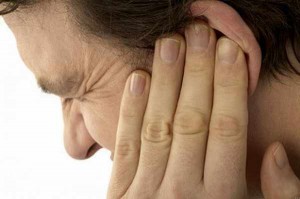Diving ear pain, also known as barotitis media occurs due to the increase in pressure in the middle ear. The middle ear is located opposite to the eardrum and is a small cavity in the skull. The rise in pressure in the middle ear occurs due to an obstruction in the Eustachian tube, which is a tunnel that connects the throat to the middle ear. Once the Eustachian tube is open and unobstructed, the middle ear experiences a reduction in pressure and decompresses causing the pain to resolve.
Disclaimer: This post is for information purposes only. If you have severe pain or pain that does no away talk to your doctor. You can also attend workplace approved first aid programs to learn about serious emergencies.
Risk factors
Common risk factors associated with diving ear pain or barotitis media include:
- Colds or sinusitis
- Allergic rhinitis
- Deviated nasal septum
- Cerumen impaction
- Nasal polyps
- Enlarged adenoids
- Use of earplugs
- Pharyngitis
- Nasopharyngeal tumor
- Tonsillitis
- Trauma due to high pressure
- Sports activities
- High altitudes
- Scuba diving
- Airplane travelling
Signs and symptoms
Certain signs and symptoms of diving ear pain or barotitis media include:
- Mild to severe pain in the ear
- Ear pressure
- Reduced hearing
- Nausea and vomiting
- Ringing ear
- Vertigo
Complications
Common complication associated with barotitis media include:
- Permanent hearing loss
- Eardrum rupture
- Serous otitis media
- Otitis media
Treatment
1. Stop the dive or descent
- Allow the person to rise up or ascend till the symptoms ease out. Make sure you do not help him rise faster than necessary
- If the symptoms worsen or the pain exacerbates, stop the dive
2. Treat symptoms of barotitis media
- Pain can be alleviated with over-the-counter pain medication such as acetaminophen or ibuprofen. Avoid giving aspirin to children and teenagers under 18 years of age
When to seek medical attention
See your doctor if the following problems occur:
- Pain persists or worsens after the end of the dive
- The casualty has suffered from ear pain while diving earlier before
- Symptoms of inner ear damage for example, ear ringing, deafness or vertigo result
Try to see an ear, throat or nose specialist who has experience in treating ear problems especially those related to diving, if possible.
It is important that you do not go for another dive until you do not feel any pain or till you see your doctor.
Prevention
Preventative techniques for diving pain include:
- Pinch your nose and close your mouth while diving. Exhale air from the lungs through your pinched nose—do not loosen your grip to expel air and keep your mouth closed—this will push air into the middle ear to reduce pressure
- Consider performing the valsalva maneuver while you are flying
- Take a deep breath before diving
- While flying in air-planes, you may also use special ear plugs to reduce ear pressure and pain
Learn More
To learn more about ear pain and diving safety enrol in workplace approved programs (sign up here) with credible providers.
Related Video


